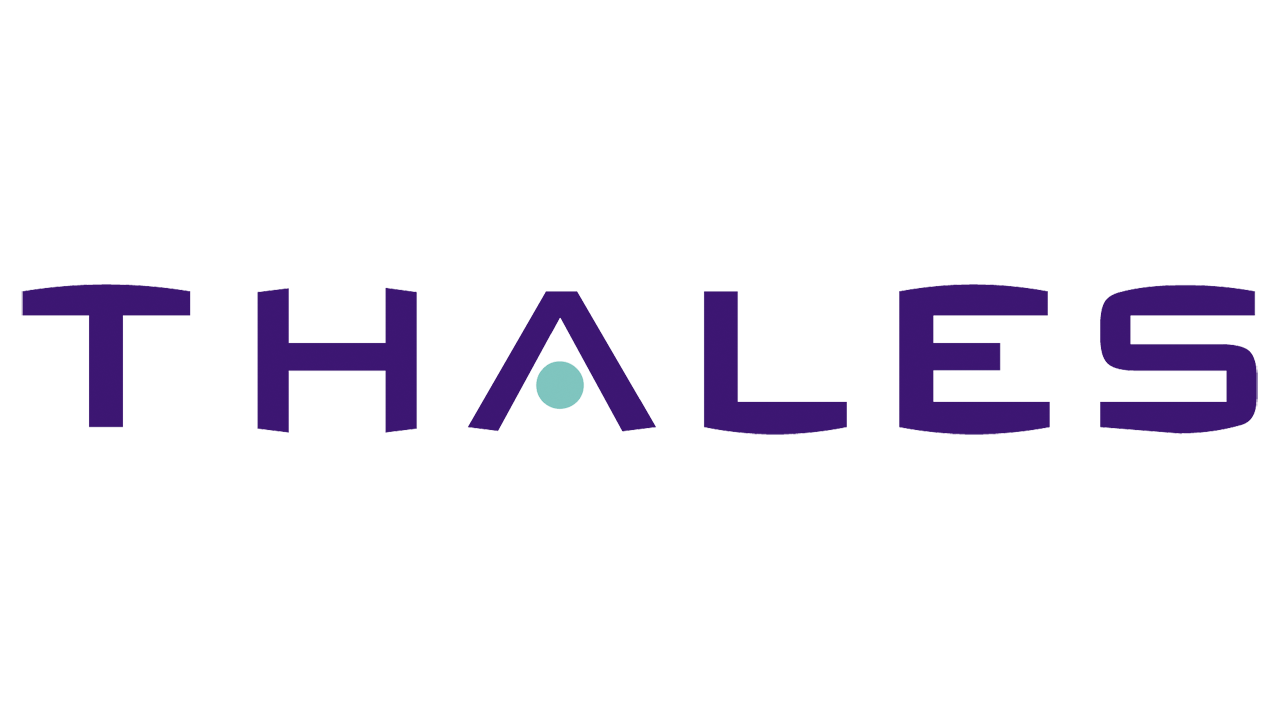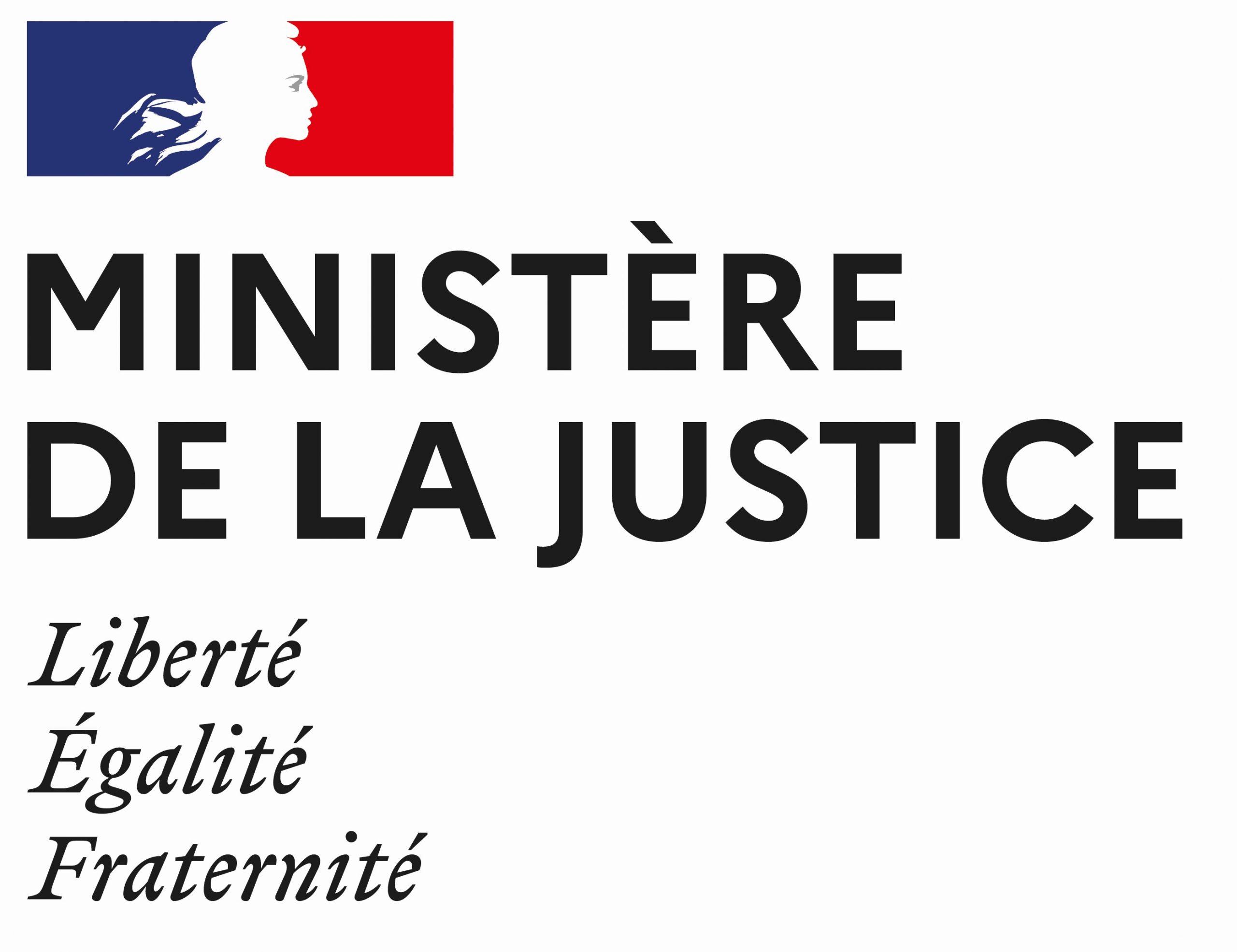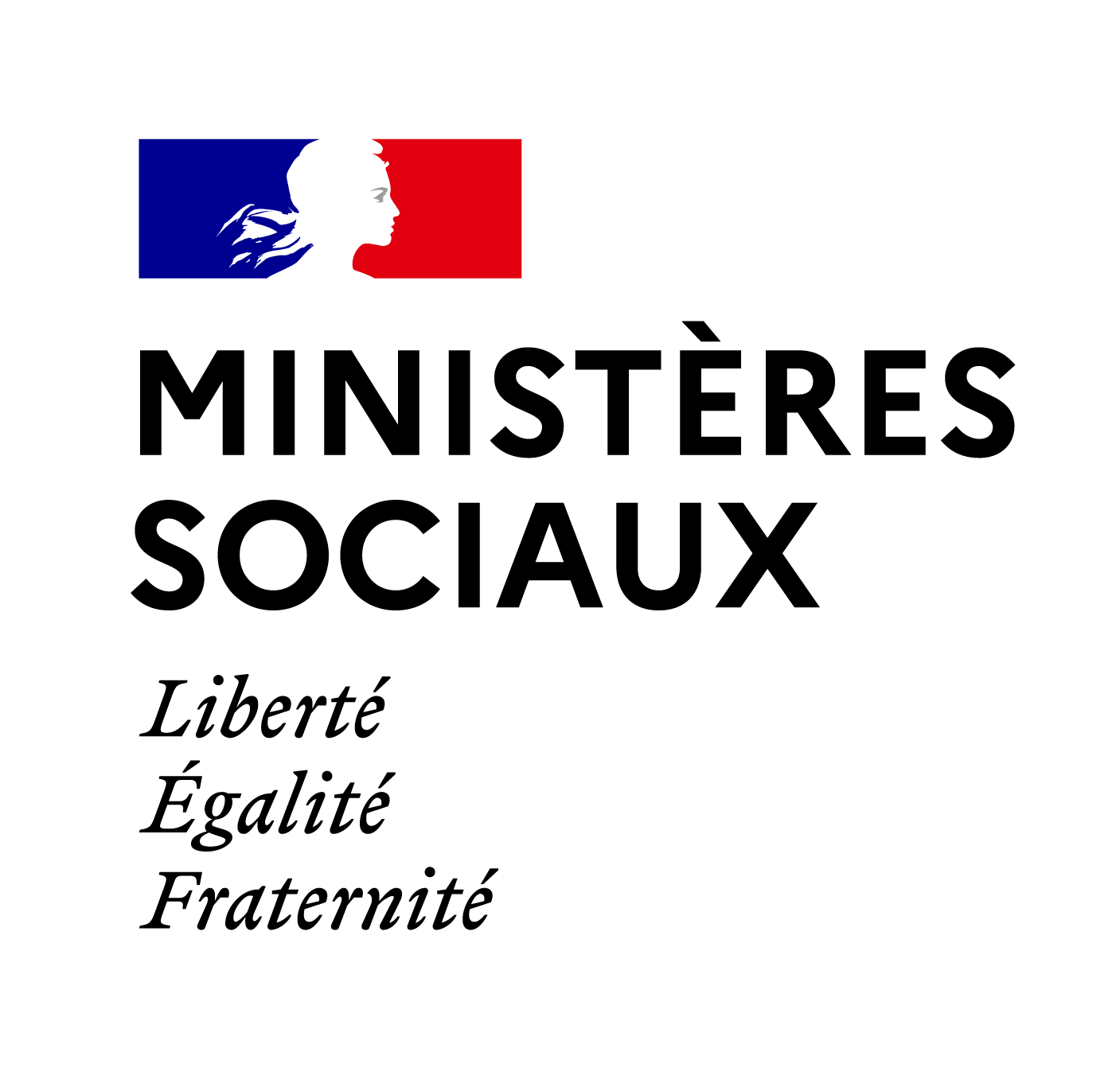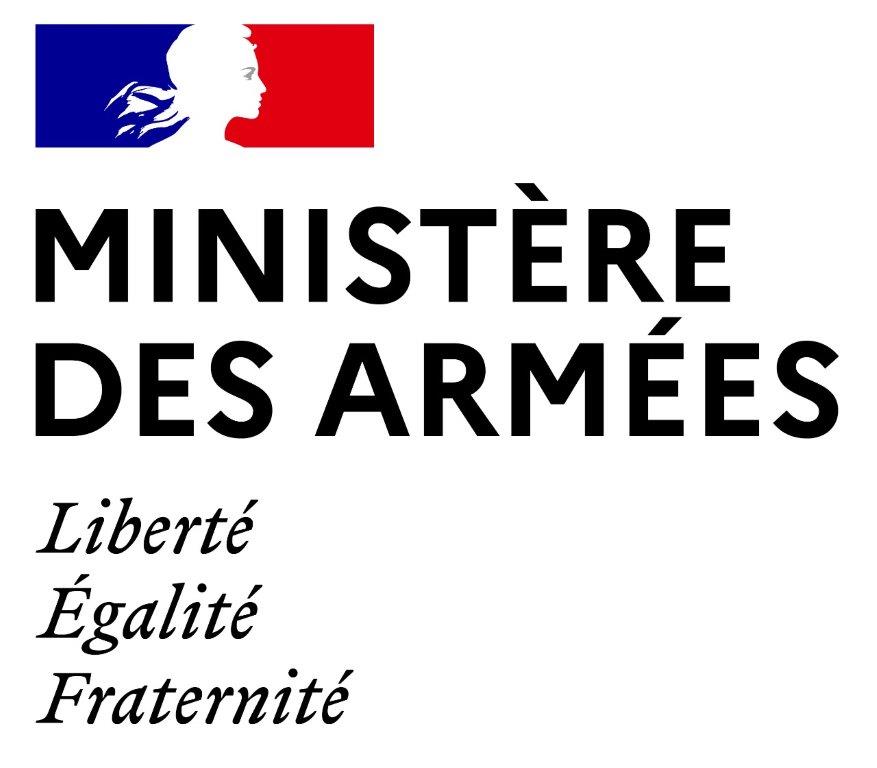University Degree
Disability Advisor, Private sector, public services, associative sector

University Degree Disability Advisor, Private sector, public services, associative sector

The job of disability advisor responds to massive needs in skills within organizations and can be considered today as an emerging job, which appeared and developed both in connection with socio-economic needs and with the recent legislation in favor of the professional integration of people with disabilities.
Indeed, Law No. 2018-771 “For the freedom to choose one’s professional future” of September 5, 2018 provides for the appointment of a disability advisor within companies with at least two hundred and fifty employees and CFAs. It contributes to the emergence of the job of disability advisor and its evolution.
In this context, organizations, whether private or public, are obliged to have a disability advisor to manage their disability policy.
The exercise of this profession covers different professional realities, depending on the size of the structure in which the disability advisor is employed. Thus, in large structures, this activity constitutes the totality of the working time; in smaller structures, the job of disability advisor is carried out in parallel with another activity, following the example of several other jobs existing in France (e.g. safety manager, quality manager, training manager, etc.). Even if this job is not necessarily synonymous with a full-time position, it is still a reality.
In view of these elements, the University of Paris-Est Créteil created in 2015 the degree “Disability advisor, private sector, public service, associative sector”, which constitutes a response to the needs in skills of organizations in terms of disability: indeed, this DU certifies all the skills and professional behavior implemented by a disability advisor in the exercise of his functions, according to the type of structure in which he exercises.
150
hours of hybrid training
4
skills blocks
1
symposium + 1 professional day
35
hours of internship
Objectives
Designed and taught in class and remotely by professionals specializing in disability (see “partnerships”), the objectives of the DU “disability advisor – private sector, public service, associative sector” are:
- to develop a detailed understanding of the problems of disability and the professional, social, educational or academic integration of people with disabilities,
- to acquire or develop the knowledge, operational and strategic skills and expertise necessary to structure/implement an organization’s disability policy and support employees, pupils and students with disabilities
- to provide tools, techniques, methodology for the reception/integration of disabled people
The DU gives the necessary skills to the private sector, public services and the associative sector to respond with expertise to the defined legislative obligations:
- by the law of February 11, 2005 “For equal rights and opportunities, participation and citizenship of disabled people”,
- by the law n° 2018-771 “For the freedom to choose one’s professional future” which displays the will, especially in the part concerning the obligation to employ disabled workers, to reinforce direct employment in companies and to focus efforts on recruitment, maintaining employment, moving from the protected and adapted sector to the ordinary sector and on the training of disabled people,
- and by Amendment No. 2104 of June 7, 2018, which provides for the appointment of a disability advisor in companies with more than 250 employees and in CFAs.
The DU allows students to obtain professional recognition through the acquisition of a university diploma with a view to professional development.
UPEC is both a certification body and a certification preparation center.
Education
Training courses organized in 4 blocks:
- Block 1: Elaboration of the diagnosis of a handicap situation in its environment
- Identify, analyze and describe the parameters of a disability situation in order to measure its effects and determine the obstacles and levers
- Analyze and evaluate the needs of people with disabilities to implement the necessary and reasonable accommodations
- Block 2: Implementation of a disability policy within an organization
- Define the objectives and develop the strategy of the disability policy regarding the organization’s strategy and the needs of people with disabilities
- Implement an action plan and communicate on the action plan to all the actors of the organization, to mobilize them around a common disability culture
- Block 3: Accompaniment of the person with a disability in his or her professional or training career
- To make the necessary and reasonable adjustments to the specificity of each disability situation to make the stages of the professional or training pathway accessible to the person with a disability
- Block 4: Mobilization of resources, internal players and a network of partners in the field of disability
- To constitute and lead a multi-professional team in order to promote the coherence and complementarity of the actions intended for the disabled
- Inform, raise awareness and train work groups using appropriate approaches and tools to make them the primary actors of inclusion within the organization
- Build and coordinate an operational network by relying on the expertise and resources of the actors located in the organization’s territory
Days and symposiums:
- UPEC’s annual Handicap Insertion conference (during the European Week for the Employment of People with Disabilities – SEEPH)
- Annual Professional Day of the Network of Disability Advisors (5th Professional Day: June 23, 2023)
- Annual Gala of the Alumni Disability Advisors (3rd Gala: June 23, 2023)
The advantages of the training courses
- Hybrid training in 4 blocks of skills (face-to-face/ synchronous distance learning/ asynchronous distance learning)
- Co-development workshops, reflective analysis workshops, formalized practice workshops, case studies, self-positioning tools, tools for structuring knowledge, personal and interpersonal skills, exchange sessions with experts, among peers, study management
- 1 symposium et 1 professional day with the alumni
- 1 professional internship
- Expertise of the Disability, Employment and Health at work Research Chair team
- Multi-professional speakers
- Professionalization based on an operational methodology and on scientific research
- Reference works composed by the DU team
Admission procedures
Required level:
Bachelor degree or equivalentBachelor degree or equivalent
Or validation of Professional Experience with experience or mission related to the field of disability or diversity.
In initial or continuous training:
- For training leading to a diploma or qualification: send your CV and a short cover letter to diu-referenthandicap@u-pec.fr
- For inter-company/inter-public organization training karine.gros@u-pec.fr (preferential rates)
Fees 2022-2023 :
- 3 000 € + 243 € registration fee
- Funded training: Fund my training
Educational pathway:
- Continuous training
- Open application
Graduation:
For each skill block : 1 test in two parts
- Production of a reflective writing mobilizing the knowledge and skills related to the theme of the skill block
- Case study presenting a specific problem in relation with the theme of the block of competences
A minimum of 10/20 on each exam is required.
Application:
File (CV + cover of motivation) to diu-referenthandicap@u-pec.fr
Contacts
Scientific director:
- Karine Gros, Holder of the Research Chair in Disability, Employment and Health at work
karine.gros@u-pec.fr
Heads of studies and exams:
- Claude Tessier: claude.tessier.ext@u-pec.fr
Education:
- Valérie Baclet: diu-referenthandicap@u-pec.fr
Speakers
The multi-professional team of trainers specialized in disability and integration is composed of:
- Academics specializing in training, professional integration of disabled people, or law: University Paris-Est-Créteil, University Gustave Eiffel, Institut Santé-Travail Paris-Est, University Paris 8 Saint-Denis, INSHEA…
- Actors specializing in integration and job retention: MDPH, GESAT network, Pôle Emploi, local Missions…
- Territorial institutional actors: DRIEETS, AGEFIPH, FIPHFP, ARS, CFEA, CNCPH, IDF Region…
- Actors of follow-up care and rehabilitation: ESPO ESRP Functional Rehabilitation Centers, La FAGERH, COMETE France…
- Public and private companies: Missions Handicap and Mission Insertion Thales, Microsoft, Capgemini, Groupe Lecaux, HandiPRINT, Decathlon, Groupe Rocher…
- Handicap Coordination Associations: Hand-Aura
- Associations of people with disabilities
- Associations and research federations Disability



